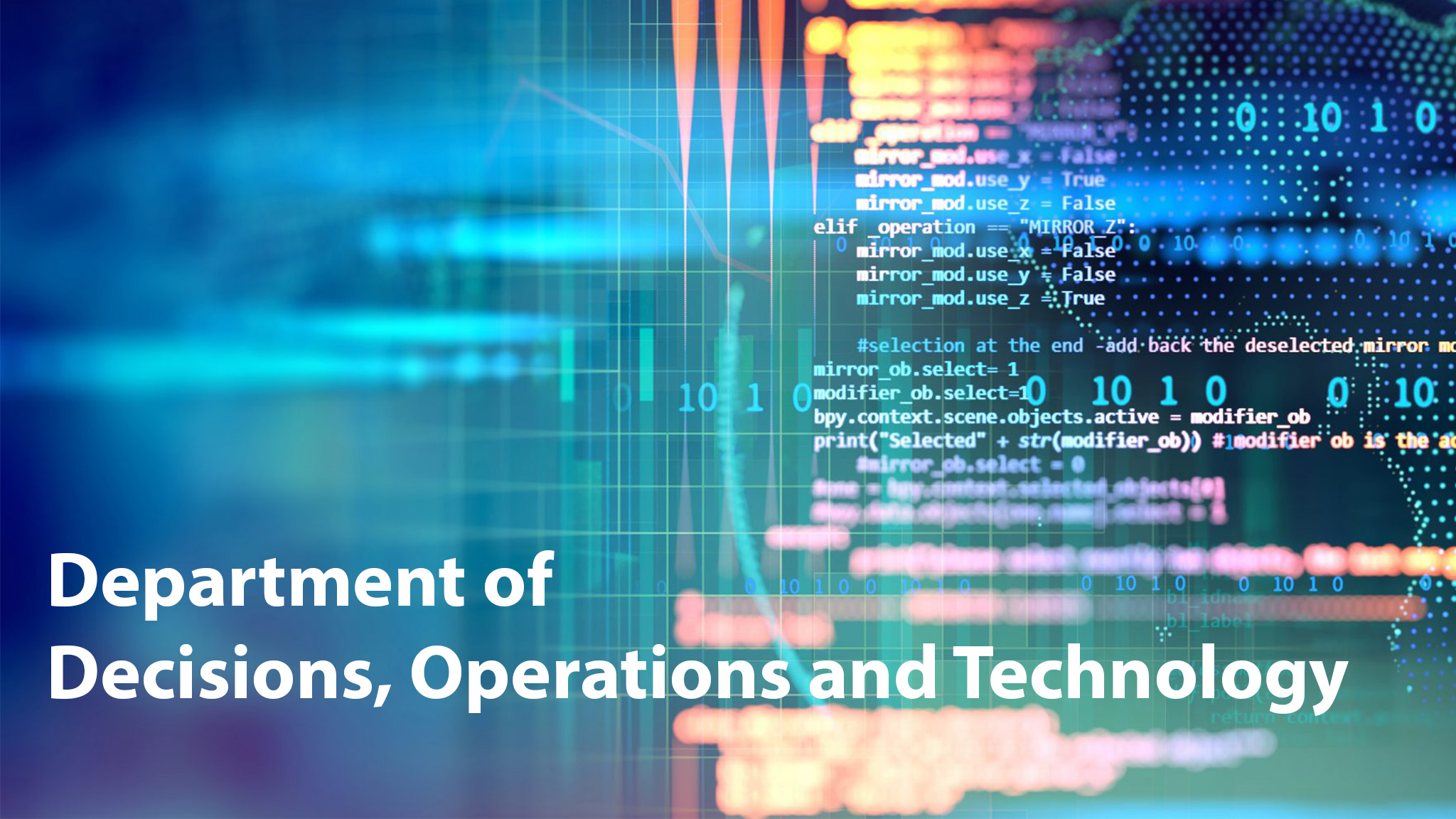How Does Anonymizing Users’ Identity Affect Fact-checking Contribution on Social Media Platforms? A Multi-Method Study

Crowdsourced fact-checking solutions have emerged as a promising means of detecting misinformation on social media. Because fact-checking often requires the evaluation of controversial or politicized social
media posts, anonymity has been suggested as essential to persuading users to fact-check news voluntarily. This paper reports the results of a multi-method investigation of the mechanisms that shape how identity anonymity affects crowdsourced fact-checking contributions. In Study 1, we use observational data from Twitter and conduct a regression discontinuity design (RDD) to examine whether and when identity anonymity affects the quantity and quality of fact-checking. We find that identity anonymity does not affect the quantity of fact-checking contributions; instead, it increases the quality of fact-checking. Furthermore, we find that the impact of anonymity on quantity and quality can be different for users with different fact-checking contribution tenures. In Study 2, we use online experiments to test the proposed mechanisms and find that perceived social presence, perceived risk of retaliation, perceived self-efficacy, and perceived fact-checking responsibility help explain the effect of anonymity on users’ fact-checking intentions. We also find that identity anonymity affects contributions differently across news categories. By unpacking these mechanisms, we offer insights for researchers and practitioners interested in understanding how identity anonymity changes the quality of fact-checking and explain why crowdsourced users offer more or less reliable ratings of the veracity of social media posts.

